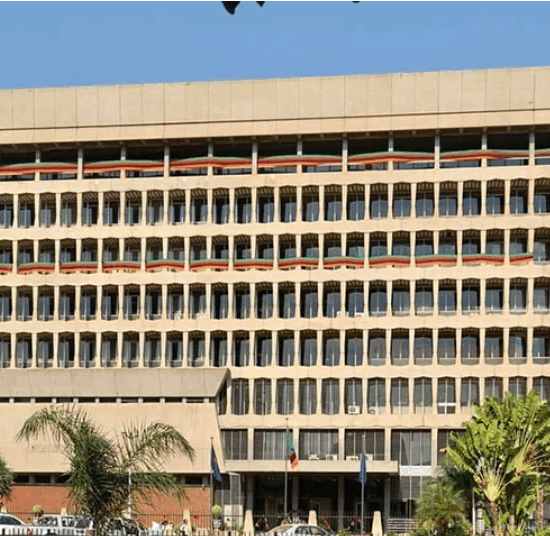
Economist Chibamba Kanyama says the current appreciation of the kwacha can be attributed to the conclusion and agreement of a staff level deal with the International Monetary Fund (IMF) as it has sent a positive signal that Zambia’s economy is getting back on track.
Kanyama said the fiscal deficit would begin to narrow because government will reign in on expenditure under the IMF programme and begin to prioritise expenditure, adding that with the IMF programme comes the funding, which has positive implications for market players.
He noted that even a third of the total allocated amount by the IMF is enough to change the market sentiment and supply, noting that there will be some supply of about US$400 million at the initial stage next year and that alone indicates that there will be some supply of the dollar to the market.
Kanyama stated that the appreciation of the kwacha was expected. “If you have observed, every time the previous regime gave some positive news about discussions with IMF, you saw at that moment how the Eurobonds would perform and how the kwacha would perform just on the prospects of negotiation”, he said.
Speaking in an exclusive interview with the Zambian Business Times – ZBT, Kanyama noted that the IMF programme also indicates that the major anxiety of investors particularly Eurobond holders including overall investors of potential default on the first bullet payment by Zambia to the Eurobond holders has been scrapped off.
He added that there might have been concerns that Zambia would be punished if it defaults on the US$750 million, therefore it would have to borrow from the market and worsen the general market conditions.
Kanyama mentioned that with the IMF coming on board, there is strong assurance that Zambia will be in a position to service or refinance the bullet payment next year.
He added that this deal also indicates that Zambia will now get budget support from bilateral and multilateral donors and this money comes in dollars, therefore if that happens it will beef up the dollar reserves in the country. So that sentiment is beginning to impact the exchange rates.
“Most of those holding dollars are now speculating and panicking; they don’t know where the dollar will settle at tomorrow. They wouldn’t want to offload their dollars when the kwacha has become stronger, they would rather do it now so these are the ones who are also speculating going in the market, buy kwacha and offloading the dollar which may lose value”, he said.
“There would be a holding position; there will come a point where those who are holding the dollar will feel like I think we don’t want to lose any further than this. They will hold a position and am anticipating it will be around K15 per US dollar, but you can never rule out the possibility of it appreciating further in the coming weeks”, he told ZBT.
The depreciation of the Kwacha continues to be one of Zambia’s major economic challenges. A depreciating Kwacha means a reduction in purchasing power of both business and individuals whose earnings and assets are denominated in Kwacha.
The country’s economic management team needs to find ways to take control of the Kwacha as opposed to relying on external factors which are outside its control.







